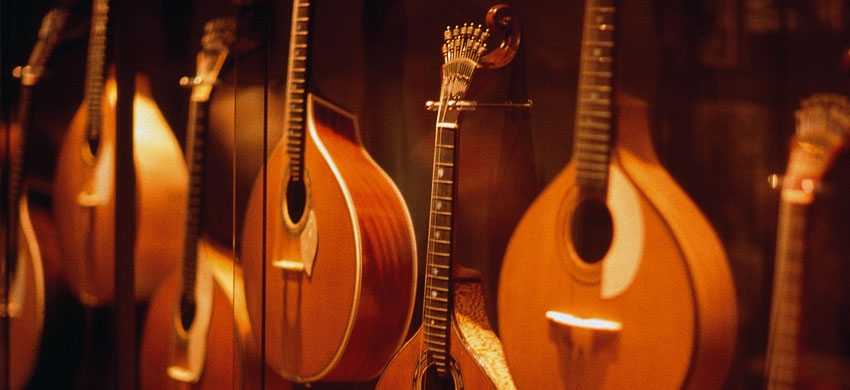Discovering Lisbon’s Fado Music: Where to Experience Live Performances
Fado, the soulful and melancholic music genre, is an integral part of Lisbon’s cultural identity. Originating in the early 19th century, Fado is characterized by its expressive and mournful tunes, often accompanied by the Portuguese guitar. For those visiting Lisbon, experiencing a live Fado performance is a must. This guide will help you find the best places in the city to immerse yourself in this unique musical tradition.
Alfama: The Heart of Traditional Fado
Alfama, one of Lisbon’s oldest neighborhoods, is the birthplace of Fado. Its narrow, winding streets are home to numerous Fado houses, known as “casas de Fado,” where you can enjoy authentic performances.
- Clube de Fado: Located near the Sé Cathedral, Clube de Fado is a popular spot for both locals and tourists. The intimate setting and traditional decor create the perfect atmosphere for a night of soulful music. The venue often features renowned Fado singers, ensuring a high-quality experience.
- Parreirinha de Alfama: This historic Fado house has been hosting performances since the 1950s. Known for its cozy ambiance and excellent acoustics, Parreirinha de Alfama offers a genuine Fado experience. The venue also serves traditional Portuguese cuisine, making it a great place to enjoy dinner and a show.
- Mesa de Frades: Housed in a former chapel, Mesa de Frades offers a unique setting for Fado performances. The beautiful azulejo tiles and candlelit tables add to the enchanting atmosphere. This venue is known for its late-night shows, often featuring some of the best Fado singers in the city.
Bairro Alto: A Modern Twist on Tradition
Bairro Alto, a vibrant neighborhood known for its nightlife, offers a more contemporary take on Fado. Here, you can find venues that blend traditional Fado with modern influences, attracting a younger crowd.
- Adega Machado: Established in 1937, Adega Machado is one of the oldest Fado houses in Lisbon. While it maintains a strong connection to traditional Fado, the venue also embraces modern interpretations of the genre. The performances here are dynamic and engaging, appealing to both Fado purists and newcomers.
- Café Luso: Located in a former 18th-century palace, Café Luso is a grand venue that hosts nightly Fado performances. The spacious setting and professional sound system make it an excellent choice for those looking to experience Fado in a more theatrical environment. The venue also offers a diverse menu, featuring both traditional and contemporary Portuguese dishes.
- Tasca do Chico: For a more laid-back experience, head to Tasca do Chico. This small, rustic bar is a favorite among locals and offers informal Fado sessions. The atmosphere is lively and welcoming, making it a great place to enjoy a drink and listen to talented up-and-coming Fado singers.
Mouraria: A Blend of Cultures
Mouraria, another historic neighborhood in Lisbon, is known for its multicultural influences and vibrant street life. It is also a significant area for Fado, offering a mix of traditional and innovative performances.
- Maria da Mouraria: Named after Maria Severa, one of the first Fado singers, this venue pays homage to the roots of Fado. The intimate setting and passionate performances make it a must-visit for Fado enthusiasts. The venue also offers Fado workshops, providing a deeper understanding of the music and its history.
- Casa da Severa: Located in the heart of Mouraria, Casa da Severa is a charming venue that celebrates the legacy of Maria Severa. The performances here are deeply rooted in tradition, offering an authentic Fado experience. The venue also serves delicious Portuguese tapas, perfect for a light meal while enjoying the music.
- A Baiuca: This small, family-run Fado house offers a warm and welcoming atmosphere. The performances are intimate and personal, often featuring local singers who share their passion for Fado with the audience. A Baiuca is a great place to experience the community spirit that is central to Fado music.
